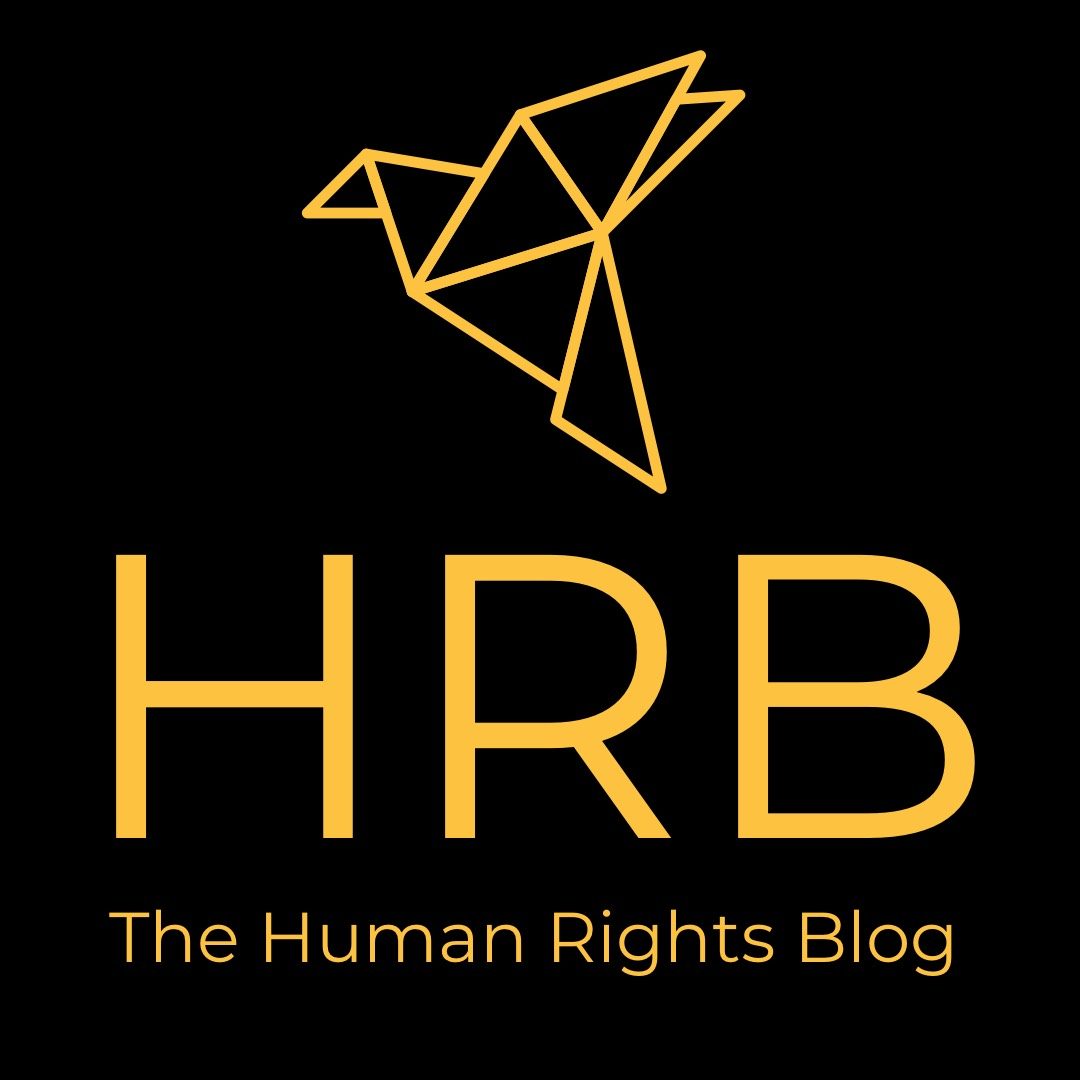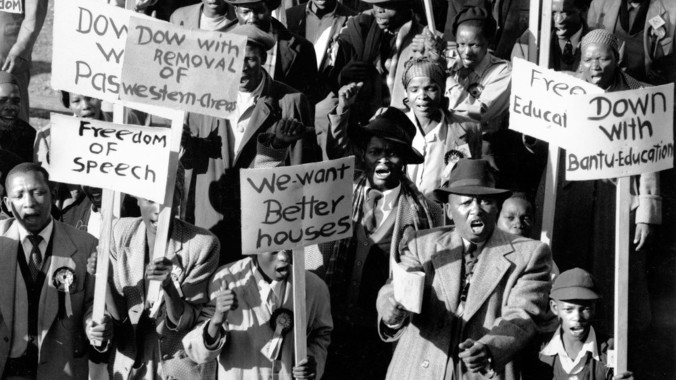Donald Guadagni
Names are used as vehicles by State actors to polarize public opinion, and to vilify segments of both the indigenous and foreign populations to achieve a political end or justify State actions against groups by casting the groups into a light that will not garner sympathy, nor illicit public aid and thus, enabling human rights violations, in both national and international theatres. A simplistic historical example from the United States involves the relabeling of human beings as salves and when this proved to be inadequate to preserve profits and with increasing political awareness of the “rights” of slaves that might abridge owner rights, laws were enacted that legally defined “slaves” as “property”, and with that, the owners were given absolute rights of use over their “property”, commonly referred to as indentured servitude. That having been said the focus of this article concerns itself with something slightly more deceptive than merely demonizing individuals and groups and instead presents a mechanism used to skirt laws, constitutional provisions, and treaty provisions in both the signatory and ratified stages.
Many nations prohibit indentured servitude, and incarceration for civil debt and inability to perform contractual obligations. And yet if the term “civil debt” is specifically reorganized and given a new name, one that vilifies the debt and the individual debtors themselves. It becomes possible for State actors to skirt constitutional, treaty, and other legal protections and systematically violate those protections, often for political and pecuniary ends. One such notable example that has been in existence for over fifty years in the United States is civil debts arising from marital and parental matters. Domestic relations civil debt was rebranded as “child support and spousal support” and debtors rebranded as “obligors”, which provided the necessary public relations effect of vilifying an entire class of individuals and making it possible to demonize those who are assigned “domestic relations civil debt” in purely civil proceedings.
Child support or Spousal Support in the United States conveys heavy negative connotations in society; so much so that political grandstanding has become a common metric to sway voters in elections at all levels of government, and ignores the underlying fact that over 70% of all domestic relations civil debtors pay their debts on time. The Department of Health and Human Service oversees Domestic Relations Civil Debt Collection Programs administered by the Administration for Children and Families under the Office of Child Support Enforcement. States subscribe to these programs and receive funding for a variety of competitive and mandatory grant programs serving families, children, individuals and communities. This leaves the debtors very vulnerable to systemic abuse in court procedures as the State is the Petitioner ex rel. and has considerable sway over commissioners and judges hearing these case matters. And that their salaries are derived from the federal debt collection program monies paid to the States.
In Turner v. Rogers, the only case that managed to be heard in front of the United States Supreme Court, the debtor spent years in coercive incarceration and without any right to assigned council at the court proceedings. Further, the Supreme Court failed to acknowledge or refute the findings in U.S. v. Lewko, which had held that child support is nothing more than a common civil, commercial debt, and that it is not any special kind of debt. By simply renaming “civil debt” as “child and spousal support” and debtors as “obligors” and then incorporating the renamed civil debt terms into treaties, the state can waive its hand towards treaty provisions and claim that it is not violating civil debt, indentured servitude or civil contract laws or treaty provisions that provide protections and safeguards. This renaming can also help the state to justify the use of coercive civil incarceration to compel debt payments, which is prohibited under treaties and the United States constitution. [2]
The end result of this relabeling is the creation of a class of individuals who are enslaved to their debt. Debtors find themselves pitted in asymmetrical legal proceedings against the government acting ex rel. in domestic relations, civil debt proceeding and cases. The debt collection industry and incarceration industry profit from this situation as the passage of laws and treaty provision meant to protect civil debtor from being incarcerated for debt, inability to pay debt and meet contractual obligation are easily circumvented simply by relabeling civil debt. With an estimated 2,000,000 individuals under incarceration in the United State, the pecuniary incentive becomes apparent. The most alarming caveat, however, is that the bulk of the incarcerations require due process and assignment of, or ability to qualify for legal aid protections do not apply to debtors in the child support/spousal support debt collections programs administered under U.S. Health and Human service programs.
The simplified end result of this is a class of individuals who can be incarcerated for owing any amount of debt; can be repeatedly and indefinitely incarcerated for their civil debt, and while incarcerated, monthly debt payments continue to become due and balances accumulate interest. There are programs that allow an individual to be work released, however, in addition to making debt payments, they are also required to pay the jail a housing fee. There is an estimated 500,000 yearly coercive civil debt incarcerations in the United States, almost all of which require little to no cost on part of the State to instigate; every single active case generates revenue for the State from the U.S. Health and Human Service programs and each incarceration generates revenue for each detainee. States generate additional revenues acting in the capacity of debt collection agencies. (e.g monthly payment collection fee.)
History tends to repeat itself, we are told, and historically debt peonage, indentured servitude/slavery are amongst the most profitable ways to exploit human being for pecuniary benefits. In April of this year, a Freedom of Information Act request was filed with the U.S. Department of Health and Human Services and the Administration for Children and Families. The request was for statistical data for incarcerations on a state-by-state basis, the average payment to states for each active case, and the demographics of “debtors”.
When governments set their minds to it, changing a name or label is a cost effective way to achieve goals. Legalized debt slavery, who would have thought this was possible?
[1] United States v. Mussari, 95 F.3d 787 ( 3rd Cir 1996 ), “( 790 (¶ 2 page 4 ))
[2] 13th Amendment https://constitution.congress.gov/constitution/amendment-13/ (U.S.);
Article XXV, American Declaration of the Rights And Duties Of Man ( O.A.S );
Article 8, 9 & 11 https://www.ohchr.org/en/instruments-mechanisms/instruments/international-covenant-civil-and-political-rights (U.N.).
Mr. Donald Guadagni is an international educator, author, writer and Human Rights Defender. Prevoiusly, he taught and conducted education research in China.

